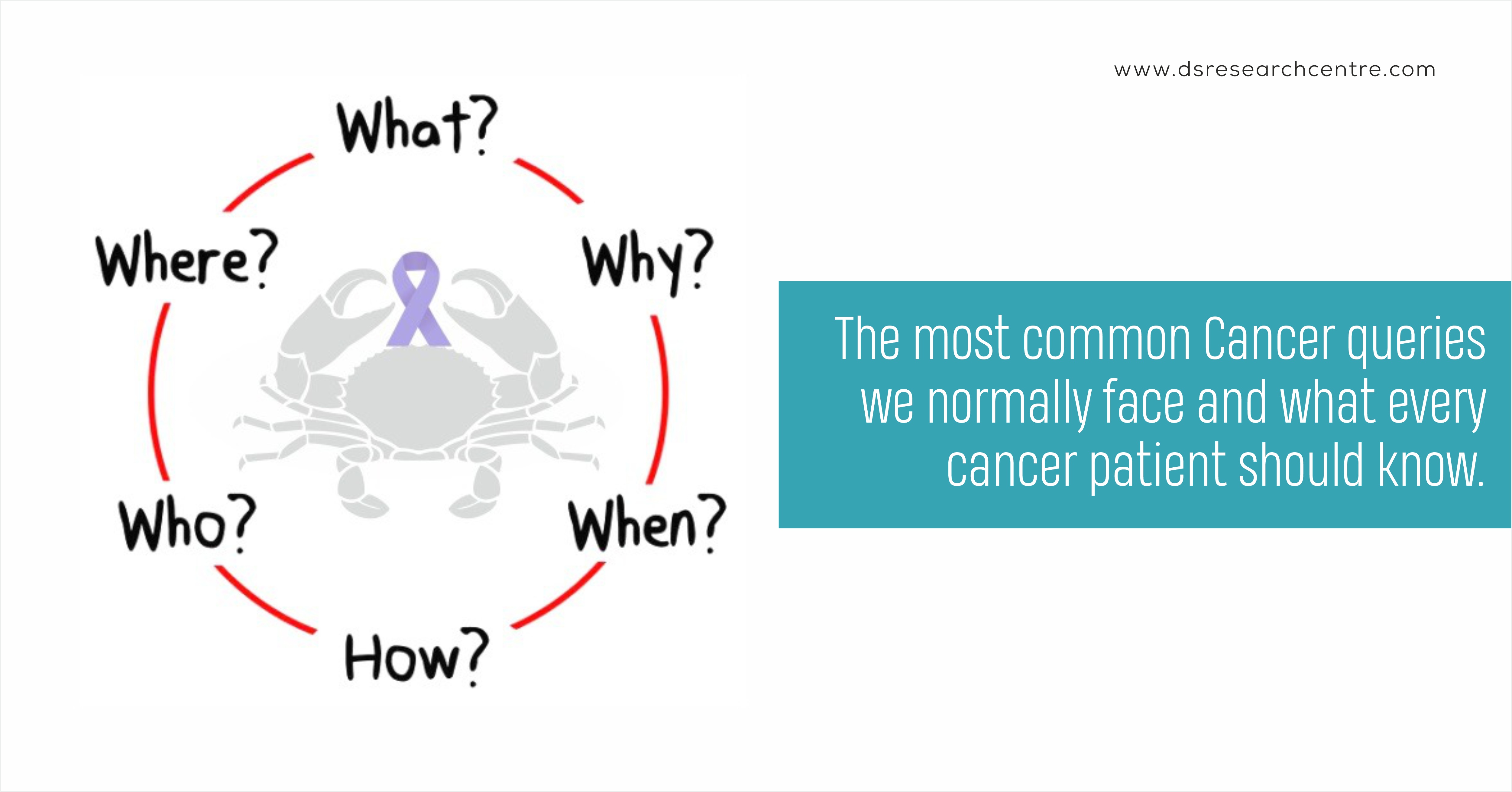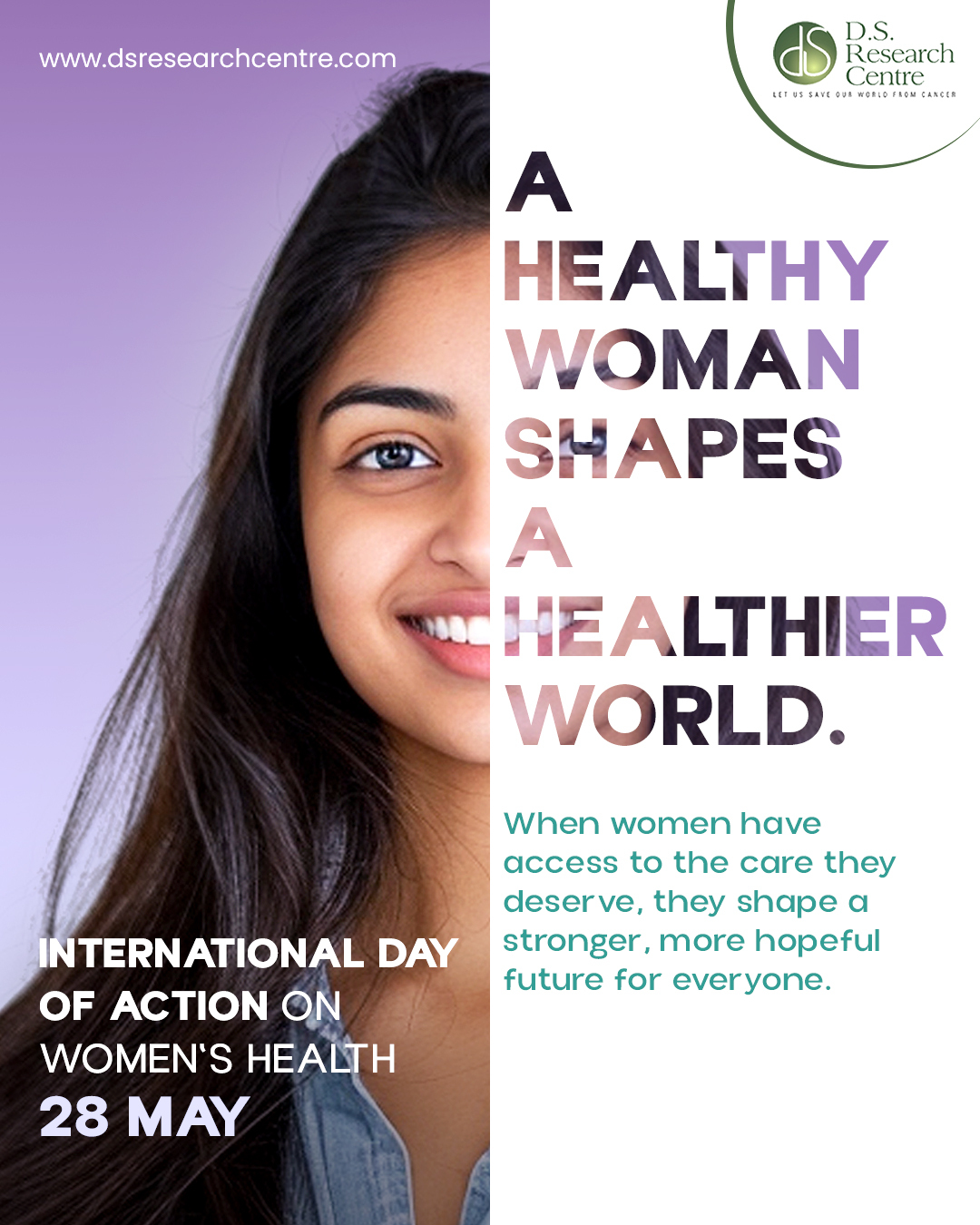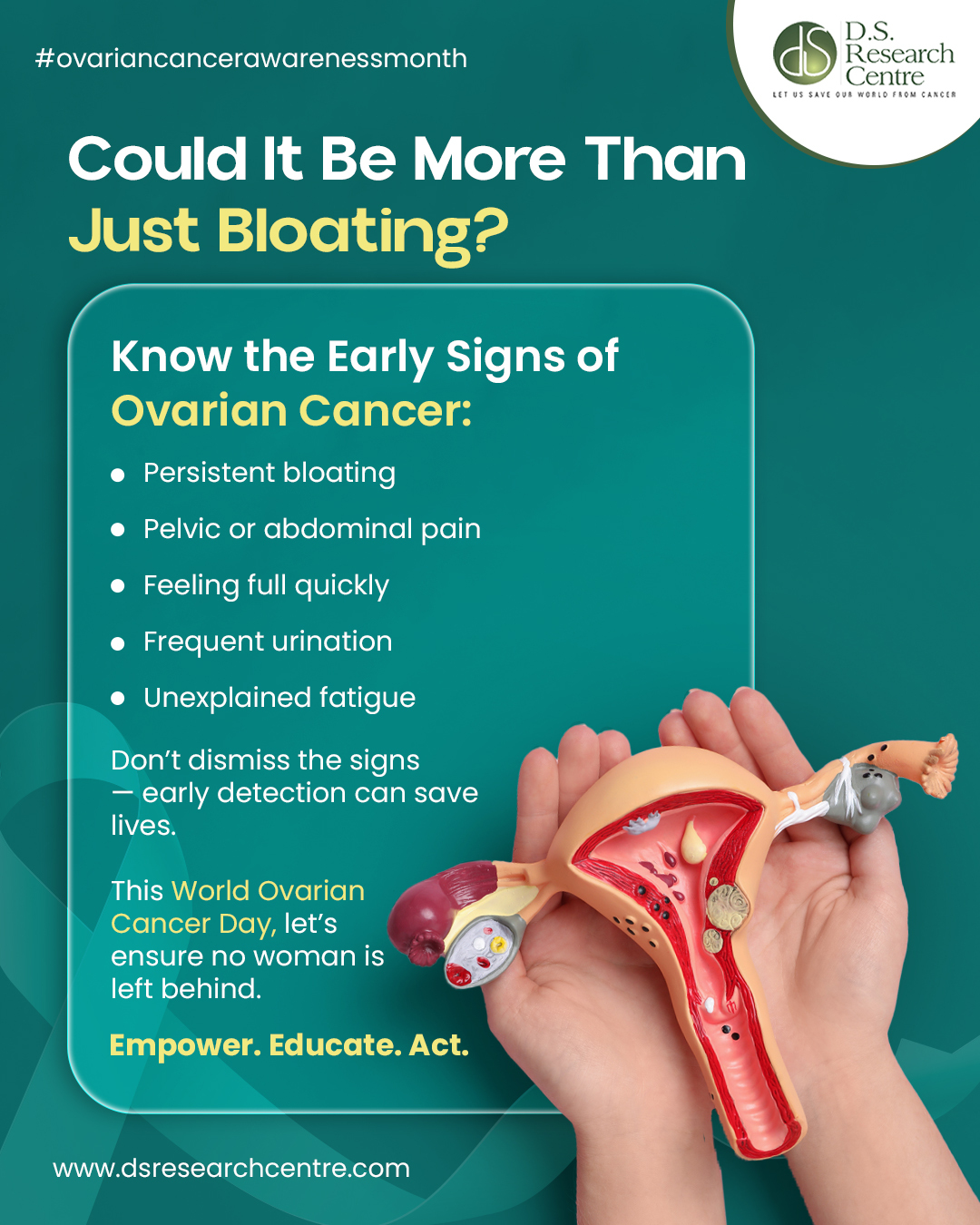When someone first gets diagnosed with cancer, the first thought that comes to mind is how long will I survive? It’s a difficult time to cope with both for the patient as well as their family. Their normal routine gets disrupted due to doctor visits and treatments and normally they tend to think of worst case scenarios and find it difficult to deal with. Once diagnosed, your communication with the oncologist has a vital role to play in the journey towards recovery. A possible way to do this is asking your doctor questions with regard to your cancer. Keep in mind that no question is too small or trivial.
The most common questions a cancer patient poses while on consultation are:
Why so many people these days are being diagnosed with Cancer?
Present day Lifestyle factors like diet and bad habits certainly play a role in rising incidence of cancer cases. It has been estimated that over half a million cancers worldwide can be directly linked to obesity and inactivity every year. In fact obesity threatens to overtake smoking as a number one risk factor for cancer. Other lifestyles like a diet that is high in red meats (such as beef, pork, lamb) and processed meats can raise our risk of cancer .Smoking and Drinking alcohol regularly ups our risk for Lung, Liver Breast, Oral, esophageal and colon cancer. Sun bathing increases risk of skin cancer. On the other hand changing reproductive habits could explain why rates of Breast, Ovarian and some other reproductive cancer haven’t fallen much despite introduction of HPV vaccine and more conscientious screening.
Can cancer be prevented?
You can reduce your risk of getting cancer by making healthy choices like keeping a healthy weight, avoiding tobacco, limiting the amount of alcohol you drink, Eat Healthy; Reduce your consumption of saturated fat and red meat, Increase your consumption of fruits, vegetables, and whole grains. Avoiding exposure to known cancer-causing substances, protecting yourself from the sun, avoiding tanning beds and taking vaccines that can help prevent cancer from developing. Having cancer screening tests at regular intervals is the single best way to protect against cancer. Not only can screening tests find cancers early when they’re most treatable, they can actually help prevent the disease.
Is there a vaccine for cancer?
There is no vaccine for cancer, but there are vaccines for viruses that can cause cancer like Human Papilloma virus (HPV) and Hepatitis B virus .HPV Vaccine protects against many strains of HPV that can lead to Cervical, Anal, Throat and Penile cancer, While Hepatitis B Vaccine can reduce the risk of getting
Liver cancer.
Is Cancer Hereditary?
Only 5-10% of Cancer is hereditary, meaning an individual has inherited an increased risk for cancer from one of their parents. This inherited risk for cancer is caused by a small change (called a mutation) in a gene, which can be passed from one generation to the next in a family. When someone inherits this type of gene mutation from a parent, they have an increased risk to get a certain type (or types) of cancer.
Is cancer contagious?
No, Cancer is not a contagious disease; it does not spread from one person to another.
As with any other ailment, understanding the how and why of the cancer is important because it makes you understand and handle the disease better.
Facing cancer was never easy, but you can take comfort in that, Prognosis has never been better than it is today. Like many other medical conditions early diagnosis can increase your likely hood of beating the disease and living a long life.








Posted on April 15, 2016
Posted on April 15, 2016